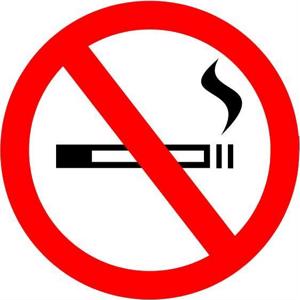
African Americans are twice as likely to develop diabetes than Caucasians, according to the Wexner Medical Center. While many people understand how this disease can affect their body, they may not know how it can impact their African American skin. Recently, Everyday Health published an article detailing the effects of this disease on skin, and what people can do to avoid these complications.
According to the news source, as many as a third of all people with diabetes will have a skin disorder at some time in their lives, and it may also be a warning sign for the disease. The information provider spoke to Shannon Knapp, R.D., who offered some tips to avoid skin problems when you have diabetes.
First, she recommended keeping your body hydrated by drinking eight, 8-ounce glasses of water a day to avoid dry skin.
Next, Knapp suggested carefully taking care of cuts and scrapes.
"Use soap and water to clean a wound, then cover it with a bandage if necessary. If you notice any sign of infection - skin that’s red, swollen, or warm to the touch, or has a foul-smelling drainage or pus - call your doctor immediately. Any injury that takes longer than normal to heal merits a call to your doctor, too," said Knapp, quoted by the news source.
Finally, use SPF regularly to protect against not only diabetes-related conditions, but skin cancer as well.



















